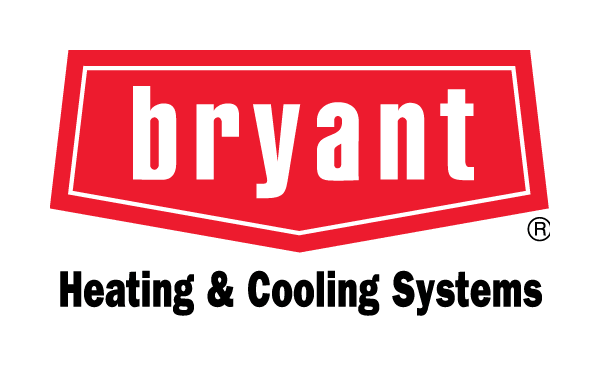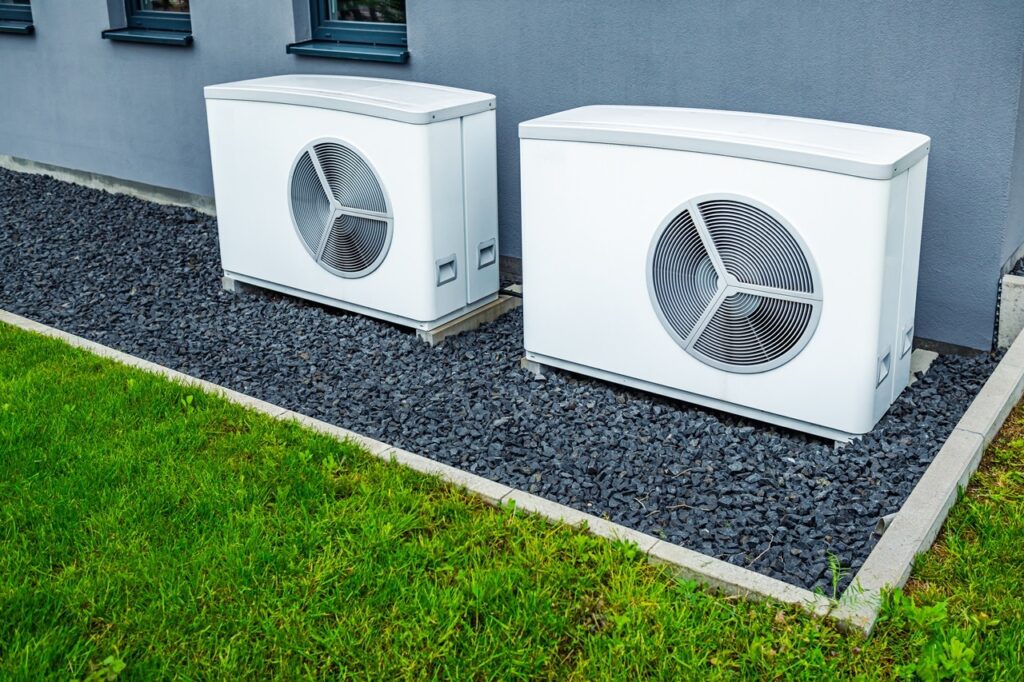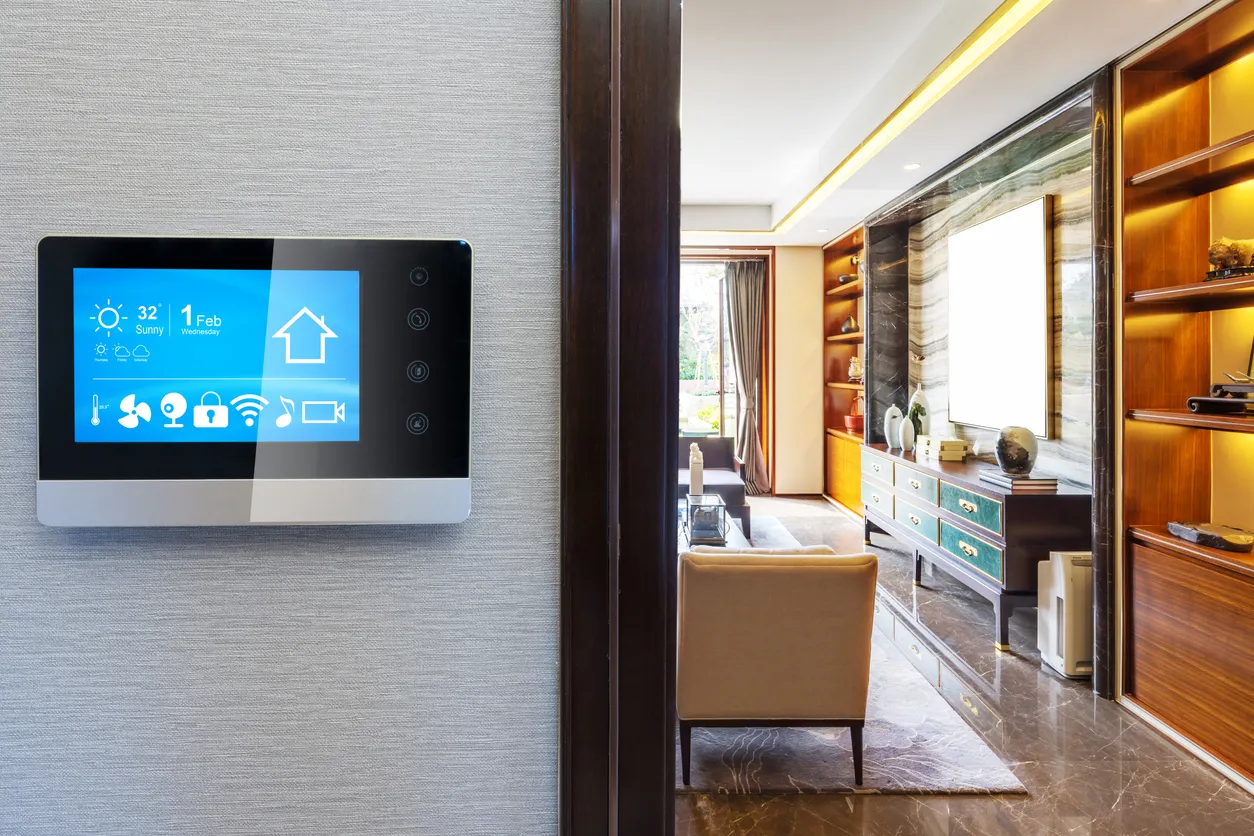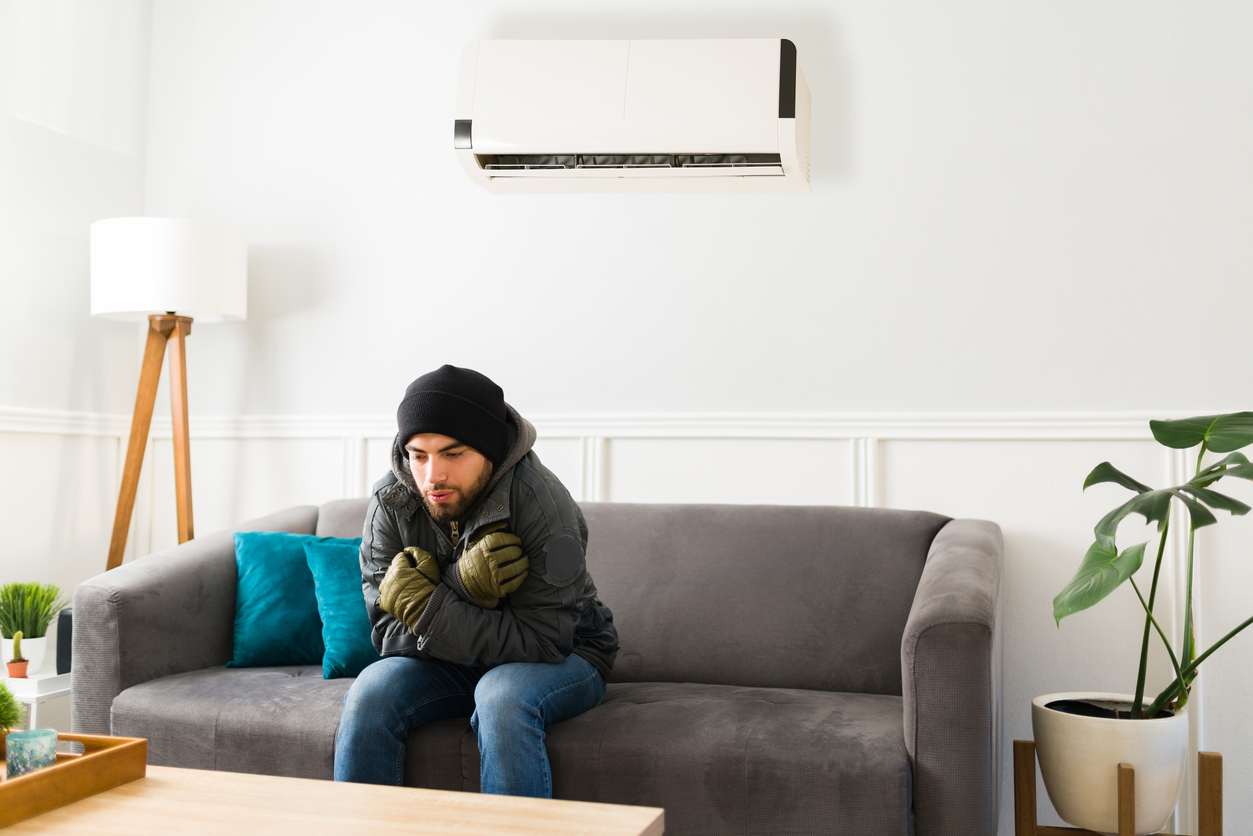Heat pumps play a crucial role in maintaining a comfortable indoor environment by providing both heating and cooling year-round. However, these systems are not built to last forever. Over time, wear and tear can lead to inefficiencies and increased energy consumption. Knowing when to consider a heat pump replacement is essential for maintaining comfort and efficiency in your home or business.
When to Consider Heat Pump Replacement
Deciding when to replace your heat pump is critical for maintaining comfort and energy efficiency. Several signs indicate it may be time for a replacement:
1. Age of the Heat Pump: Most heat pumps have a lifespan of about 10-15 years. If your system is approaching or has exceeded this age range, efficiency declines, and repair costs can increase. Replacing an aging unit ensures more reliable performance and modern energy-saving features.
2. Frequent Repairs: If your heat pump requires frequent repairs, the costs can add up quickly. Instead of continuing to pay for temporary fixes, consider the long-term benefits of a new, more reliable unit. Our professionals can help assess whether replacement is more cost-effective than constant repairs.
3. High Energy Bills: An older or malfunctioning heat pump can cause a spike in your energy bills. If you notice unexplained increases in your heating and cooling costs, it might be time for a replacement. Newer models are designed to be more energy-efficient, helping to reduce your monthly expenses.
4. Inefficient Performance: Difficulty maintaining a consistent temperature throughout your home or business indicates an issue with your heat pump. If some rooms are too hot or too cold, or if the system struggles to keep up with the demand, it may be time to consider a replacement.
5. Poor Indoor Air Quality: Heat pumps play a role in maintaining indoor air quality. If you notice increased dust, humidity issues, or unpleasant odors, your heat pump might not be functioning properly. A new system can improve indoor air quality and provide a healthier environment.
The Heat Pump Replacement Process
Replacing a heat pump involves several detailed steps to ensure proper installation and optimal performance. Understanding these steps helps you anticipate the process and prepare accordingly.
1. Initial Inspection and Removal: Our professionals will start with a thorough inspection of your current heat pump system. This inspection helps identify specific needs and challenges. Once the evaluation is complete, we will safely remove the old heat pump, taking care to disconnect all electrical and refrigerant lines.
2. Site Preparation: Preparing the installation site is crucial. This step includes cleaning the area, checking the ductwork, and ensuring that the space is ready for the new unit. Any necessary modifications to the existing setup will be addressed at this stage to accommodate your new heat pump.
3. New Heat Pump Installation: The new heat pump installation follows the removal and site preparation. This step involves placing the new unit in the designated location, connecting the refrigerant lines, electrical connections, and ductwork. Our technicians will follow manufacturer guidelines to ensure proper setup and secure installation.
4. System Testing and Calibration: Once the heat pump is installed, our professionals will test the system to ensure it operates correctly. This includes checking the refrigerant levels, thermostat settings, and airflow. The system will be calibrated for optimal performance, ensuring that it meets your heating and cooling requirements.
5. Final Inspection and Review: After testing and calibration, a final inspection ensures everything is in order. Our technicians will review the installation with you, providing essential information on operating the new system and answering any questions you may have.
Post-Installation Tips for Optimal Performance
Following the heat pump replacement, taking specific steps will help maintain your new system’s efficiency and longevity.
1. Schedule Regular Maintenance: Consistent maintenance is key to keeping your heat pump functioning efficiently. Schedule regular checkups with our professionals to inspect and service the system. Routine maintenance includes cleaning filters, checking refrigerant levels, and ensuring all components are in working order.
2. Monitor Air Ducts: Clean air ducts play a crucial role in maintaining indoor air quality and efficient heat pump performance. Plan for periodic air duct cleaning to remove dust, debris, and other contaminants. Clean ducts ensure better airflow and reduce the strain on your heat pump.
3. Adjust Thermostat Settings: Set your thermostat to the recommended settings for each season. Proper thermostat management ensures the heat pump doesn’t work harder than necessary. Consider using programmable thermostats to automatically adjust temperatures based on your schedule.
4. Keep Outdoor Unit Clear: Ensure the outdoor unit remains free of obstructions. Keep the area around the unit clean and clear of leaves, debris, and other items. Good airflow around the unit helps maintain optimal performance and prevents overheating.
5. Stay Informed: Stay informed about the latest tips and best practices for heat pump care. Our professionals can provide updates and recommendations during routine maintenance visits. Staying educated helps you make better decisions and keep your system in top shape.
Conclusion
Replacing your heat pump is a significant step toward ensuring comfort and efficiency in your home or business. Understanding when to consider replacement, preparing for the process, and following post-installation tips help you make the most of your investment.
Regular maintenance and air duct cleaning are essential for maintaining your new heat pump’s longevity and performance. If you’re ready to take the next step or need more information on our heat pump replacement in Las Vegasand surrounding areas, contact us today. Our team is here to help you achieve optimal comfort and efficiency in your space!





